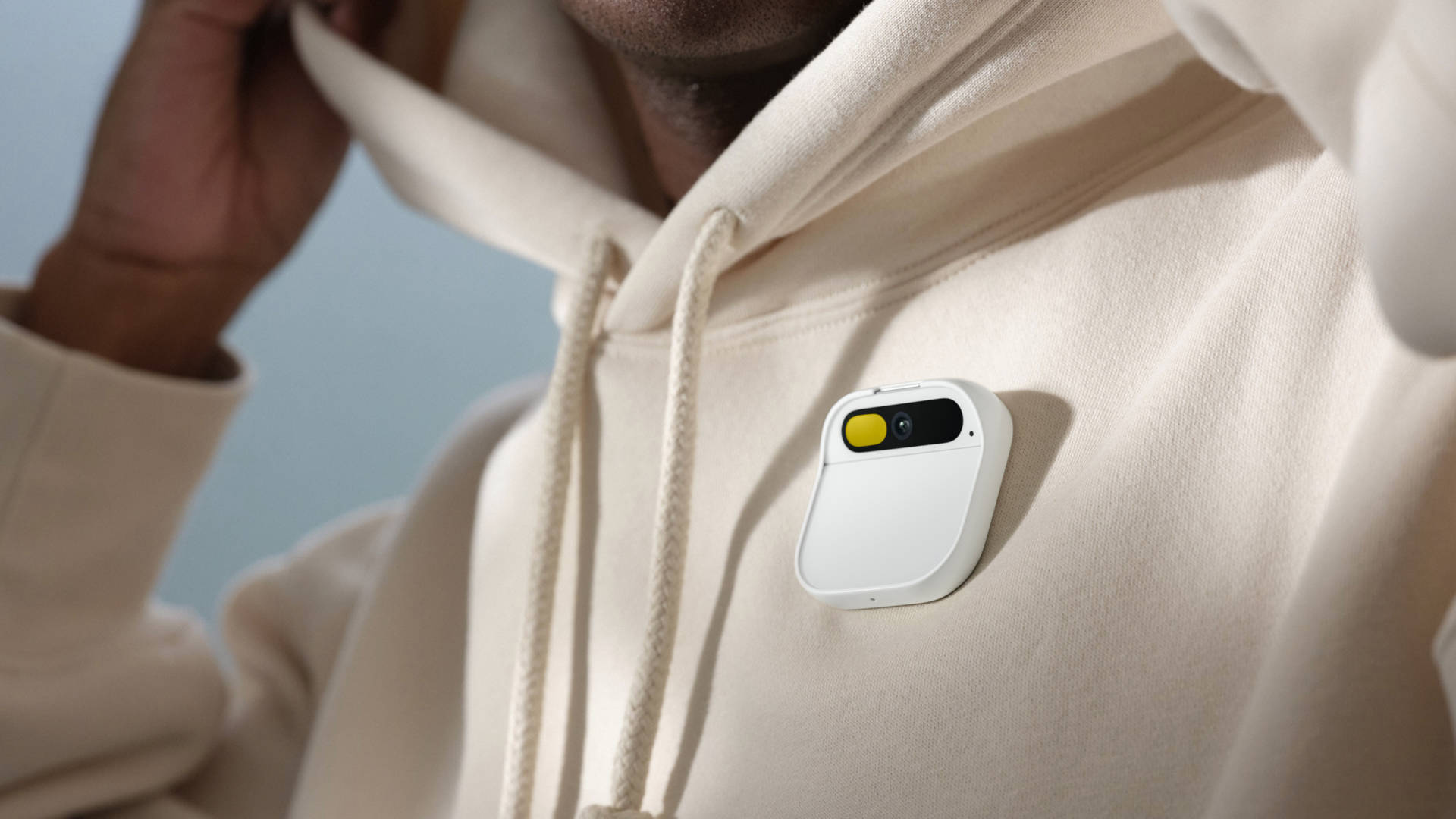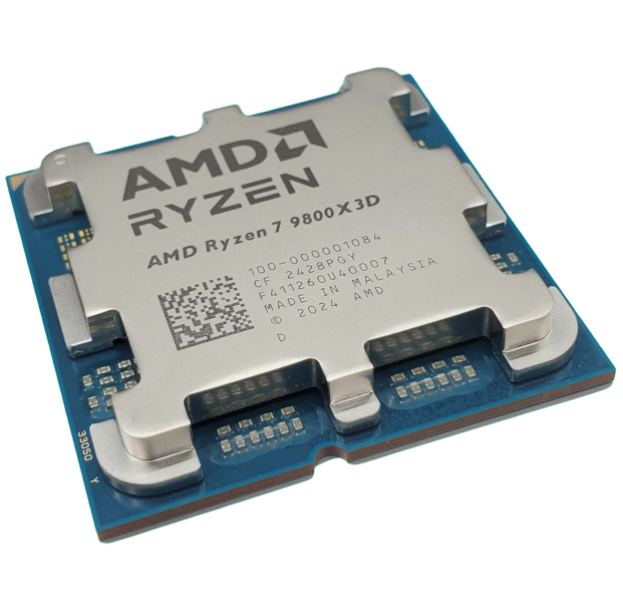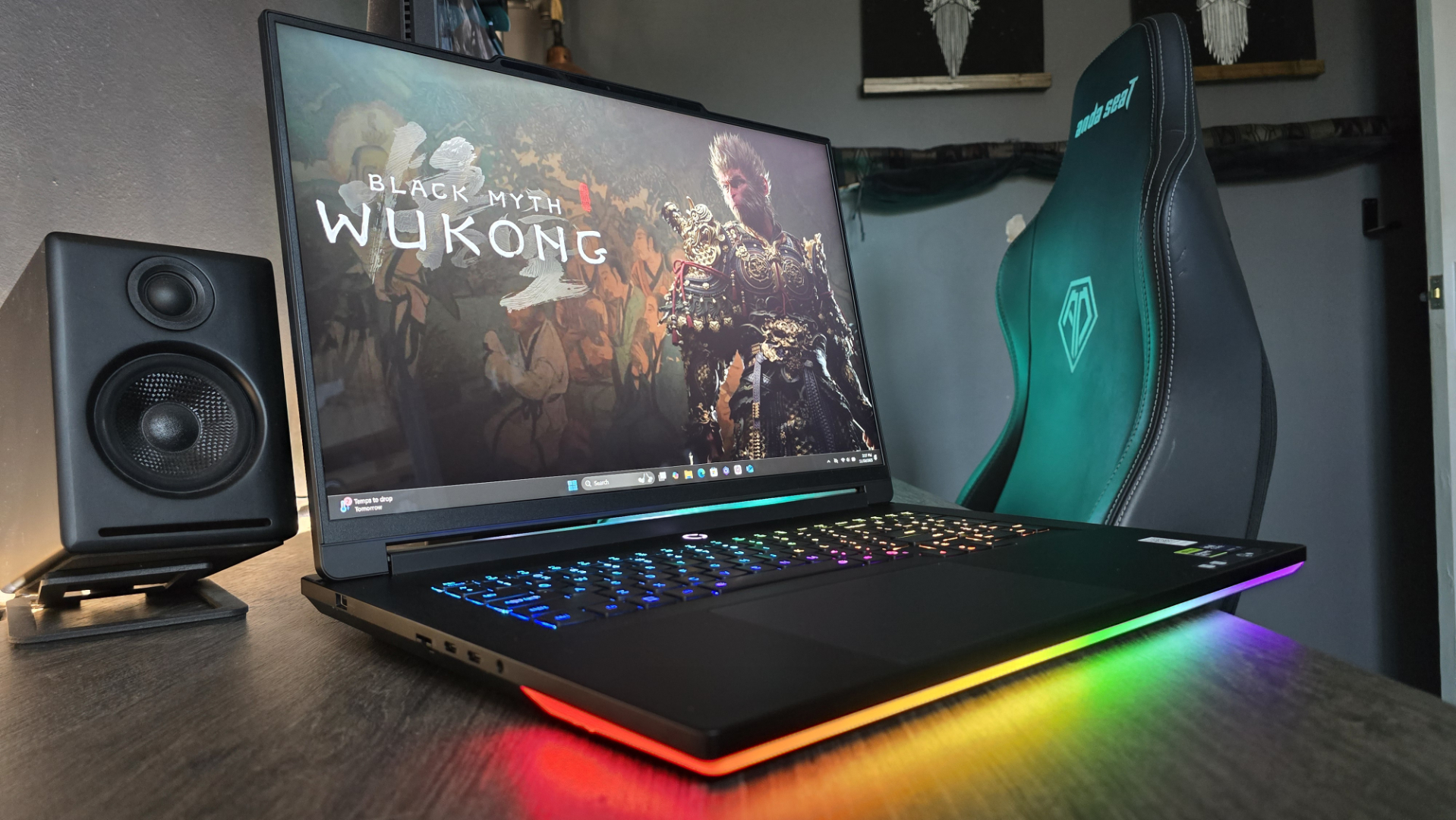Sam Altman says the prototype AI 'thing' he's making with Jony Ive gives the 'vibe' of 'sitting in the most beautiful cabin by a lake in the mountains' and I'm left wondering if he's ever listened to the noises coming out of the hole under his nose
Altman hopes when people see the former Apple design guru's device they will say, 'that's it?' It's going to be here in under two years so I guess we'll see.

Open AI has the first prototype of its mysterious AI device being developed in collaboration with former Apple design guru Jony Ive. And according to CEO Sam Altman, it's "jaw droppingly good."
To quote Altman in full on the the device, "finally we have the first prototypes and I can't believe how jaw droppingly good the work is." But what, exactly, is it? Altman was recently joined on stage by Ive for an interview with the Emerson Collective. But both Altman and Ive were thoroughly cryptic when describing this AI "thing" they have created.
It turns out that it was actually Ive that first contacted Altman with a "tentative thesis", a "thought", about the nature of objects and our interface with them. It was a very general idea, not a product. Which was...?
"It was to do with... no I can't share it, can I?" Ive says.
At most, Altman is willing to explain what he says is the "vibe" around the device. "One of the things that has gone wrong is that when I use current devices or most applications, I feel like I am walking through Times Square in New York, constantly dealing with all the little indignities along the way. Flashing lights in my face, attention going here, people bumping into me, noises going off," he explains, "it's an unsettling thing."

"I understand how we got here, but I don't think it's making any of our lives peaceful and calm," Altman goes on. The solution, it seems, is something both more intelligent and simpler.
"An early thing we talked about with the devices we hope to build is, if you have this really smart AI that you trust to do things for you over long periods of time, to filter things out, be able to be contextually aware of when it should—not really bother you but when it should present information to you or ask for your input and it has this incredible contextual awareness of your whole life—you can then go for a vibe that is not like walking through Times Square and getting bumped into but sitting in the most beautiful cabin by a lake in the mountains and enjoying the peace and calm."
Keep up to date with the most important stories and the best deals, as picked by the PC Gamer team.
Uh huh.
Ive adds that, "I love solutions that teeter on appearing almost naive in their simplicity. I also love incredibly intelligent, sophisticated products that you want to touch, and you feel no intimidation, you want to use almost carelessly, that you'll use them almost without thought. They're just tools, we're the important ones in this."

Altman then chimes in, saying, "I hope when people see it they say, 'that's it?'. It's so simple, but then it just 'does'. The AI can do so much for you and so much can fall away."
Rumours around the device thus far have generally suggested something screenless but with cameras and microphones to enable that all-important context awareness. It will almost certainly have audio output, be that via speakers or Bluetooth. Could it have a projector to paint images and info onto surfaces or your hands? Maybe.
Broadly, the sense is of a device that doesn't need screens or indeed all that much interaction. If you trust your AI, you only need briefly ask it to do something. You won't need to see it in action, to track the process of it composing and sending that email, booking that restaurant, or whatever. It will just do it.
As for timing and availability of this device, that was one thing that Ive and Altman were willing to talk about. Will we see this thing within five years? "Much sooner than that," Ive says. Two years? "I think even less than that."
So, not all that long to wait. In the meantime, it's hard to entirely put failed AI devices including the Humane AI Pin and the Rabbit R1 out of mind. Likewise, Altman's casual riff about trusting AI "to do things for you over long periods of time" poses plenty of questions at a time when pretty much all AI products and services come plastered with disclaimers mitigating unreliability.
Has Ive come up with something ergonomically and conceptually exceptional, one of those devices that's somehow revolutionary but seems inevitable in hindsight? Can OpenAI make its AI models reliable enough to be let loose on your, well, life? There's plenty to prove.

1. Best CPU: AMD Ryzen 7 9800X3D
2. Best motherboard: MSI MAG X870 Tomahawk WiFi
3. Best RAM: G.Skill Trident Z5 RGB 32 GB DDR5-7200
4. Best SSD: WD_Black SN7100
5. Best graphics card: AMD Radeon RX 9070

Jeremy has been writing about technology and PCs since the 90nm Netburst era (Google it!) and enjoys nothing more than a serious dissertation on the finer points of monitor input lag and overshoot followed by a forensic examination of advanced lithography. Or maybe he just likes machines that go “ping!” He also has a thing for tennis and cars.
You must confirm your public display name before commenting
Please logout and then login again, you will then be prompted to enter your display name.

